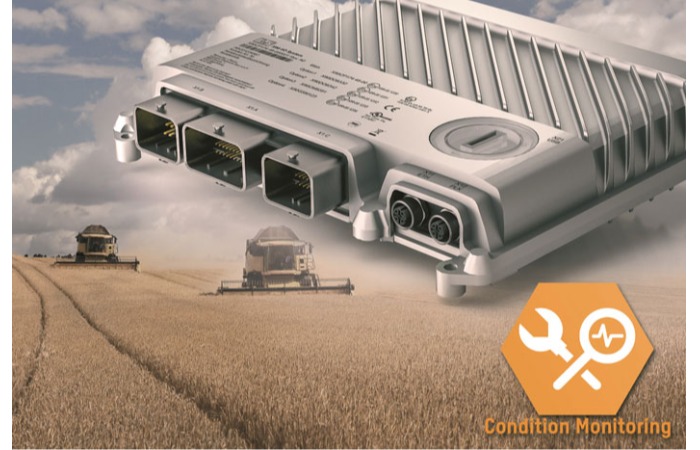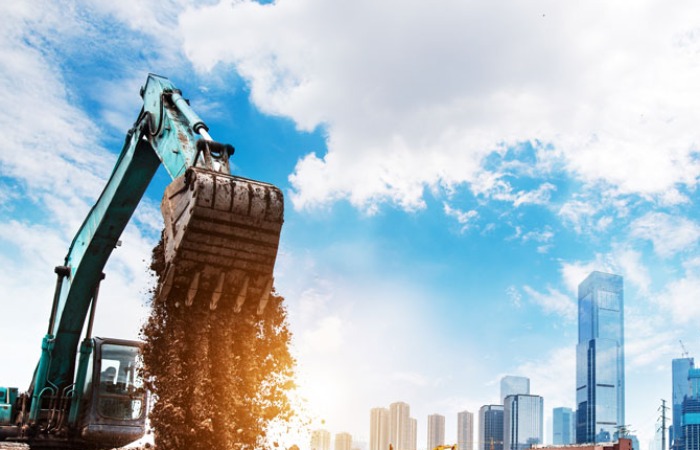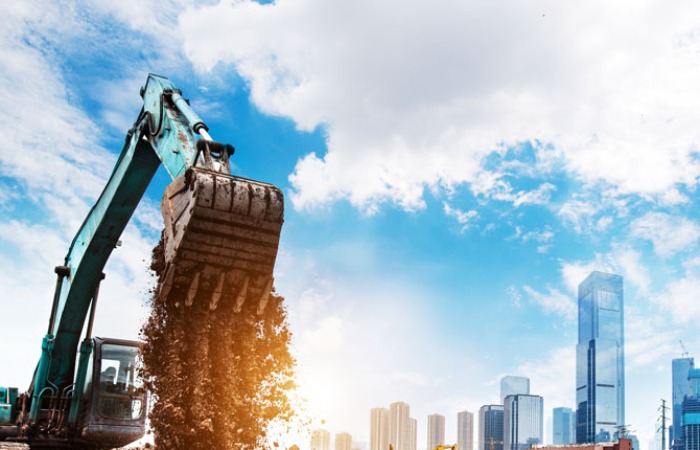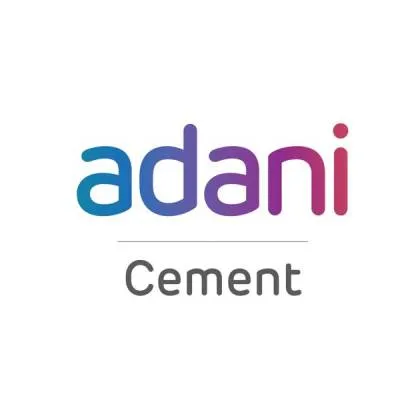Schedule a Call Back
Steel Slag Roads: Techno-economic and environmental benefits
 A robust infrastructure network is a prerequisite to accelerating economic growth in any country. As India is poised to become an economic powerhouse, the Government of India has also embarked on a massive infrastructure development programme under the PM Gati Shakti Scheme, National Highway Development Programme and Bharatmala projects. India has the world’s second-largest road network in terms of length. Every year, for the maintenance and construction of this vast road network, around 1.2 billion tonne of natural aggregates are required. This huge demand is met through unsustainable quarrying and mining of stone aggregates in many areas, which is causing a serious ecological impact on natural topography, flora and fauna. Sustainable development requires reduced reliance on perishable natural resources.
A robust infrastructure network is a prerequisite to accelerating economic growth in any country. As India is poised to become an economic powerhouse, the Government of India has also embarked on a massive infrastructure development programme under the PM Gati Shakti Scheme, National Highway Development Programme and Bharatmala projects. India has the world’s second-largest road network in terms of length. Every year, for the maintenance and construction of this vast road network, around 1.2 billion tonne of natural aggregates are required. This huge demand is met through unsustainable quarrying and mining of stone aggregates in many areas, which is causing a serious ecological impact on natural topography, flora and fauna. Sustainable development requires reduced reliance on perishable natural resources. India is the world’s second-largest steel-producing country and accounts for the world’s second-largest steel slag generation as solid waste. Most steel slag after metal recovery ends up in the waste dump or as landfill material. The utilisation of steel slag varies from 0 to 50 per cent on a plant-to-plant basis depending upon the course of action taken by steel plants for disposal and utilisation. Under a major research projectsponsored by the Ministry of Steel along with Arcelor Mittal Nippon Steel (AM/NS) India, CSIR-CRRI has developed steel slag valorisation technology for the conversion of steel slag as roadmaking aggregate. Processed steel slag aggregates developed at the AM/NS India steel plant in Hazira have been successfully utilised in the construction of a 1-km,six-lane bituminous steel slag road connecting NH-6 to Hazira Port in Surat, Gujarat.
To read the full interview, CLICK HERE.


Subscribe Now
Subscribe to our Newsletter & Stay updated
RECENT POSTS
Popular Tags
Folliow us
Related Stories
Walplast’s GypEx Range Secures GreenPro Certification
Walplast Products has received GreenPro Ecolabel certification from the CII-Green Products and Services Council for six products under its HomeSu...
Adani Cement, NAREDCO Form Strategic Alliance
Adani Cement has entered into a strategic partnership with the National Real Estate Development Council (NAREDCO) to support India’s expanding ...











